Publications
Articles, publications, books, tools and multimedia features from the U.S. Institute of Peace provide the latest news, analysis, research findings, practitioner guides and reports, all related to the conflict zones and issues that are at the center of the Institute’s work to prevent and reduce violent conflict.
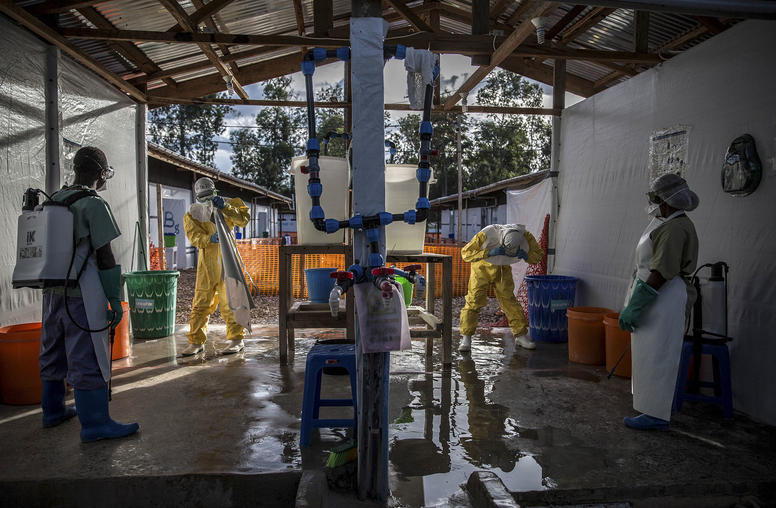
Four Lessons from Outbreaks in Africa for the Age of Coronavirus
As the coronavirus pandemic continues and new behavioral practices—from social distancing to avoiding handshakes and hugs—become expected norms overnight, there are crucial policy lessons to be learned from struggles against previous outbreaks of disease in Africa. Despite widespread poverty, weak infrastructure, and relatively few health professionals, there is an encouraging, long record of African countries—often with significant international assistance and cooperation—eventually managing to overcome dire health challenges. For non-African countries already facing large numbers of COVID-19 infections, as well as for African countries where the epidemic is now at an early stage, policymakers would do well to recall these four lessons of past epidemics—of both what to do and, perhaps almost as importantly, what not to do to confront this global threat.
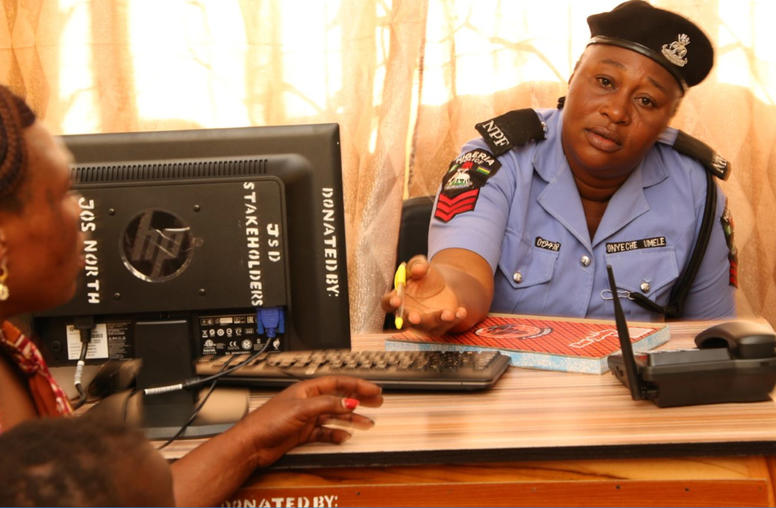
As Africa Battles Sexual Violence, a Nigerian City Shows How
When civic leaders and officials in Jos, Nigeria, launched an initiative in 2017 to calm repeated bloodshed in the city, a series of dialogue forums with residents revealed a chilling pattern of hidden violence in their midst: sexual assault. Girls and women recounted rapes and attacks for which justice was impossible, often because authorities were unresponsive. The women faced a problem common to their sisters across Africa: national laws against sexual violence were having little effect on the ground. But the dialogues have wrought a change. In May, police in Jos opened the city’s first unit dedicated to investigating sexual and gender crimes.
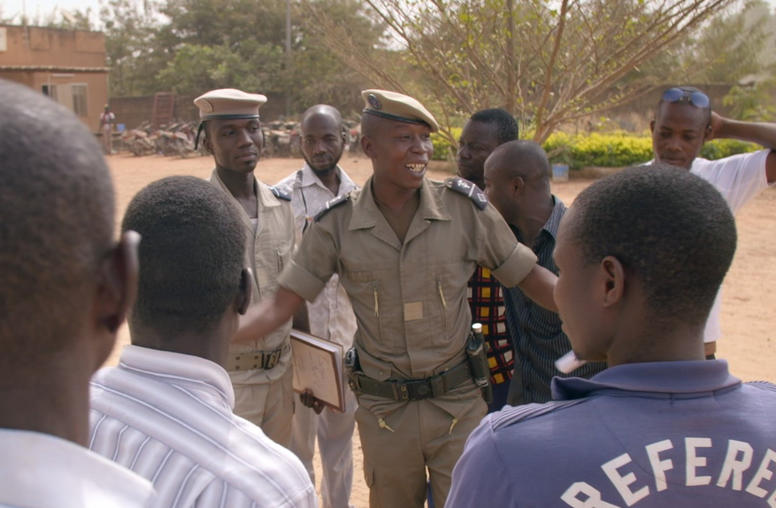
Amid Rising Sahel Violence, Burkina Faso Builds a Response
A perfect storm of violence is breaking upon Africa’s Sahel. Since late 2018, communal conflicts—many over access to food, water or productive land—have produced thousands of deadly attacks. Across the region, nearly 4,800 people died in conflicts from November to March, according to the violence-monitoring group ACLED. The greatest surge in bloodshed is in Burkina Faso, where communal militias or religious extremists killed 500 people over five months. But amid the dire headlines, governments and civic groups in Burkina Faso and other Sahel countries cite progress in stabilizing communities with a basic step that simply has seldom been undertaken: broad, local dialogues among community groups, police forces and officials. Community leaders and government officials say they are now expanding those dialogues to improve national security policies to help counter the tide of violence.
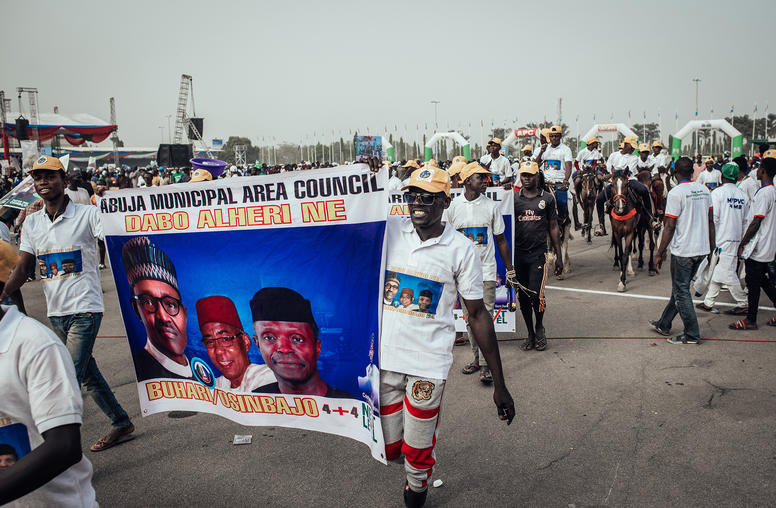
Nigerians Head to the Polls Again for State Elections
On March 9, Nigerians return to the polls to elect governors and state legislators. The balloting follows the presidential elections held February 23, which saw the incumbent president, Muhammadu Buhari, re-elected for another four-year term. USIP’s Chris Kwaja and Aly Verjee discuss how Buhari’s victory may impact the state elections, Nigerians’ seeming disenchantment with voting, and how to avert potential violence.
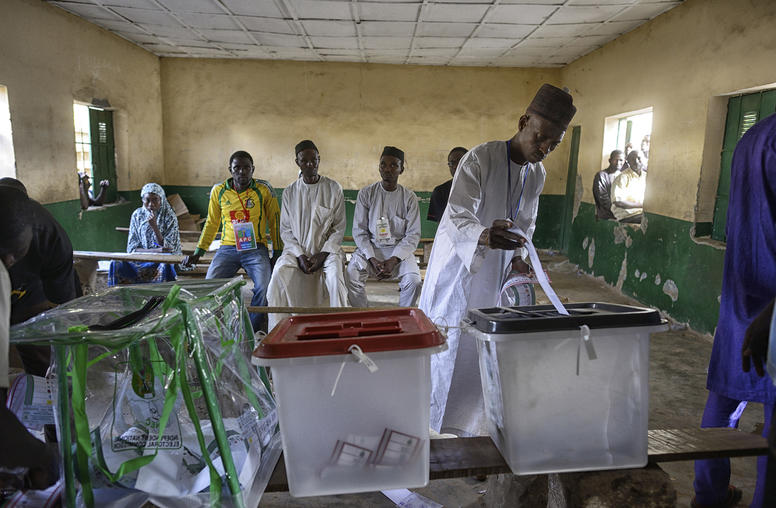
What’s at Stake in Nigeria’s 2019 Elections?
On Saturday, over 84 million eligible Nigerian voters are set to go to the polls to elect their next president and members of the National Assembly, with state-level elections to be held on March 2. Among the 73 presidential candidates, incumbent Muhammadu Buhari and former Vice President Atiku Abubakar are the top two contenders. As Africa’s most populous country with its biggest economy and democracy, Nigeria is a bellwether for the continent and these elections will be widely watched by the region and international community. USIP’s Oge Onubogu, Chris Kwaja and Aly Verjee look at why these elections matter, security challenges surrounding the polls, and how the U.S. can support Nigeria beyond the elections.

Oge Onubogu on Nigeria’s Elections
As Africa’s most populous country with its biggest economy, Nigeria is a bellwether for the continent. On Saturday, Nigerians will go to the polls to elect their next president and members of the National Assembly. This critical election will be a test of the resilience of Nigeria’s democratic institutions and widely watched by the international community, says USIP’s Oge Onubogu.
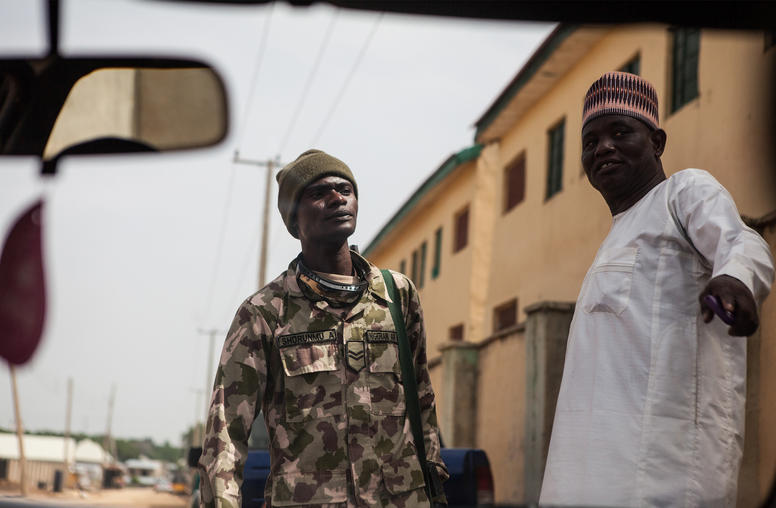
Civilian-Led Governance and Security in Nigeria After Boko Haram
Focusing on northeast Nigeria and the Lake Chad Basin, this Special Report outlines the rise of the Boko Haram insurgency in Nigeria and the security and governance challenges in the wake of its possible decline.
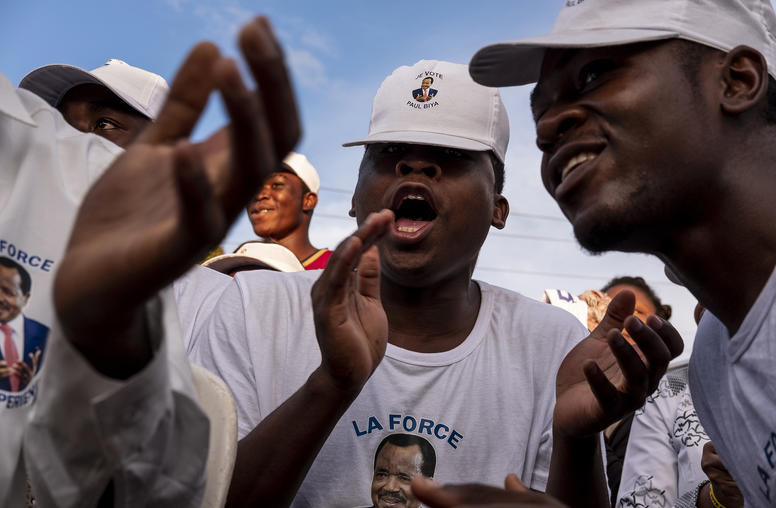
After Election, Cameroon’s Governance Crisis Continues
Eighty-five-year-old Paul Biya, president of Cameroon since 1982, was sworn in for his seventh term in office on November 6, after complaints arising from multiple allegations of electoral irregularities in polls held a month earlier were dismissed by Cameroon’s constitutional court. An intercommunal crisis in Cameroon has seen violence increase substantially since 2017, and the conduct of these elections—which saw a partial boycott—has added to grievances. In this analysis of the official election results, USIP’s Aly Verjee and Jude Mutah examine the data, and discuss the prospects for Cameroon after the election.
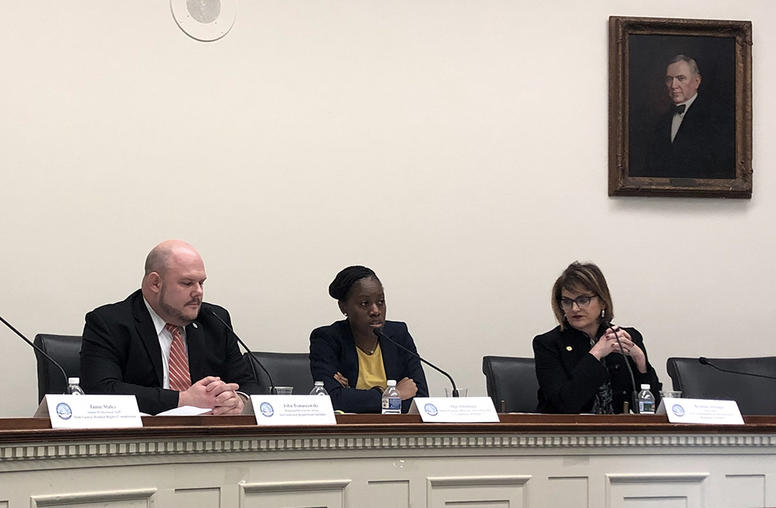
Nigeria: Elections and Human Rights
Nigeria’s keenly anticipated presidential and national assembly elections are scheduled for February 16, 2019, while the elections for state governors and state assemblies are scheduled for March 2, 2019. These elections come 20 years after the restoration of democratic, multiparty constitutional rule in Nigeria.
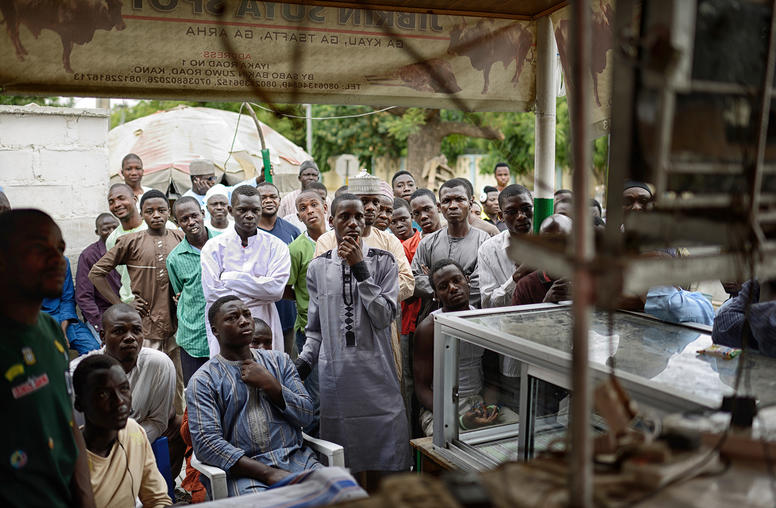
The Risk of Election Violence in Nigeria is Not Where You Think
Nigeria’s political parties are in full campaign mode ahead of national and state-level elections early next year, and unfortunately signs are emerging that election-related violence is a real possibility. It’s not too late, however, for Nigerians and the international community to take steps to reduce the risks of coercion and possibly even bloodshed.